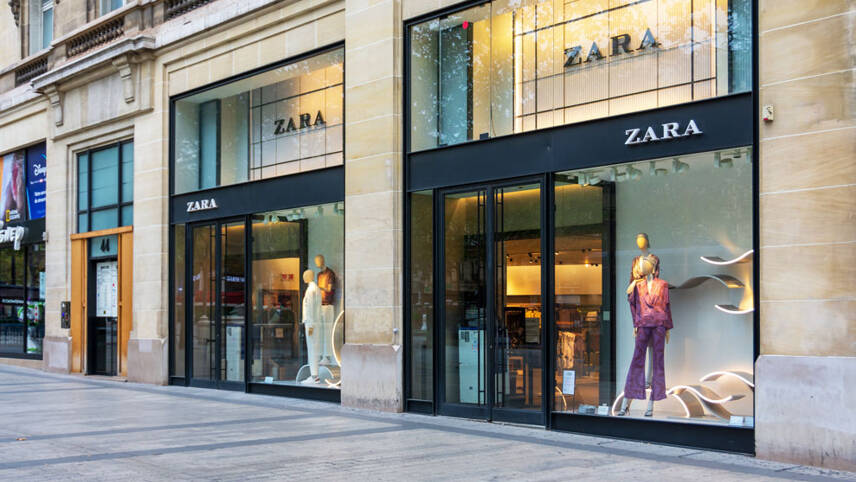Register for free and continue reading
Join our growing army of changemakers and get unlimited access to our premium content

Regulators and investors are pushing for more transparency and disclosures from the fashion giant as more regulatory frameworks come into place, requiring companies to measure and disclose their socio-environmental impacts.
Moreover, clothing retailers are facing pressure to ensure that there is no forced labour in their supply chains and that garment workers receive fair wages.
The EU’s new Corporate Sustainability Due Diligence Directive (CSDDD) is anticipated to come into force this year, which if passed will hold big companies responsible for violations of human rights and environmental standards in their value chains. Proposed sanctions for non-compliance could include fines of 5% of revenue.
Fashion brands and retailers, including Adidas, H&M, Hugo Boss, Marks & Spencer, Nike, Primark and Puma, already publish detailed supplier lists, including factory names and addresses.
However, Inditex is among a few major retailers that do not currently disclose the factories they source products from.
In addition to Zara, the company owns several other brands including Bershka, Massimo Dutti, Oysho and Pull&Bear.
Inditex annually publishes the number of suppliers it sources from in 12 core countries but provides no information on individual factories.
Inditex’s shareholder Dutch asset manager MN told Reuters: “In our engagement with Inditex one of the things we ask is if they could disclose a list of their suppliers and the geographical location.
“Even though Inditex assures us that they have this data available, up until now Inditex is not willing to disclose this information unlike some industry peers who publish extensive supplier lists.”
Nobody’s Child launches digital product passports
In other news about supply chain transparency within the fashion industry, womenswear brand Nobody’s Child has launched an initiative to provide customers with transparent and engaging methods to track the journey of their clothing, from design to production.
Through a scan of a QR code on the product label, the new digital product passports enable customers to gain access to the details regarding the materials used, the manufacturing process and the environmental impact of their purchase.
Moreover, the product passports also provide customers with links to circular services such as repair and rental, in a bid to tackle excess waste generation.
This innovative approach, paired with blockchain technology, also allows customers to receive a unique non-fungible token (NFT) as a digital receipt upon scanning the QR code.
Digital product passports are being trialled on one specific range to begin with – the ‘Happy Place’ collection delivered in partnership with Fearne Cotton. Looking forward, the brand plans to achieve full traceability and transparency by implementing digital product passports across its core collection.
Nobody’s Child’s chief executive officer Jody Plows said: “We’re delighted to introduce the second edition of our digital product passport pilot.
“By empowering our customers with knowledge about the origins of their clothing, we hope to foster a deeper connection with the products they love and encourage more conscious consumption.”


Please login or Register to leave a comment.